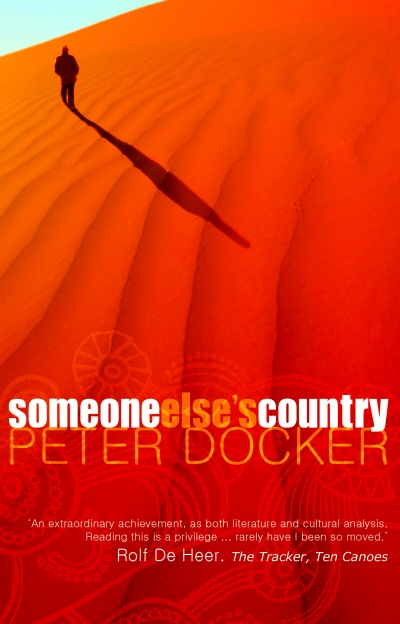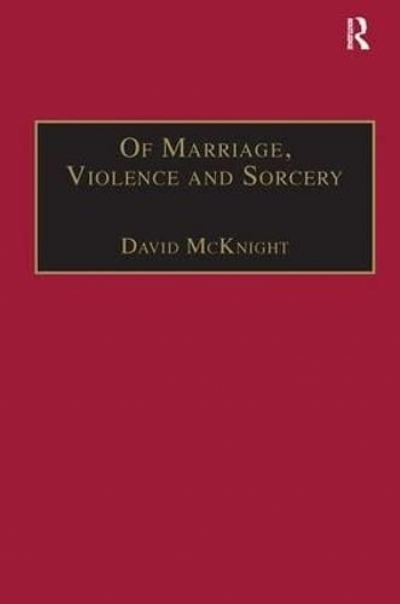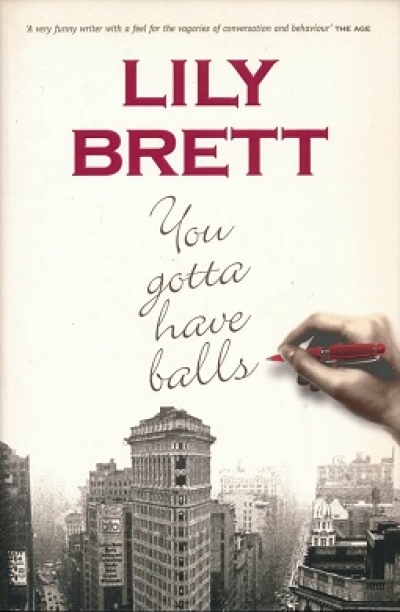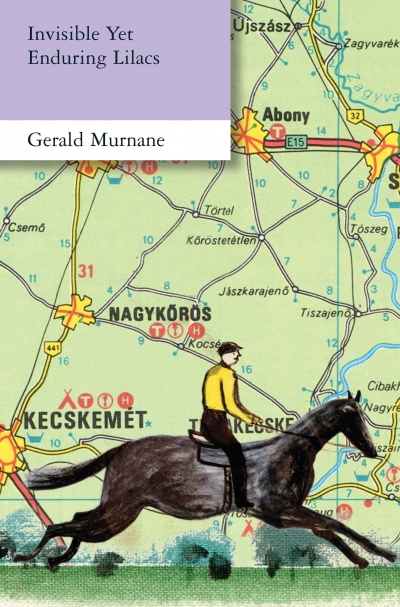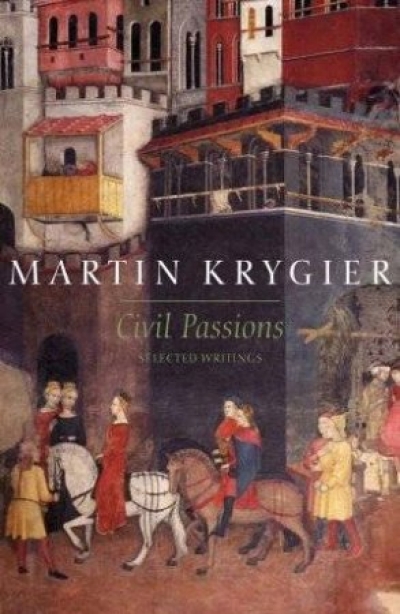Review
Of Marriage, Violence and Sorcery: The quest for power in Northern Queensland by David McKnight
by Inga Clendinnen •
The Past Completes Me: Selected poems 1973–2003 by Alan Gould
by Martin Duwell •
Invisible Yet Enduring Lilacs by Gerald Murnane & Literati by James Phelan
by Michelle Griffin •
Does My Head Look Big in This? by Randa Abdel-Fattah & Still Waving by Laurene Kelly
by Anna Ryan-Punch •
Griffith Review 8 edited by Julianne Schultz & Heat 9 edited by Ivor Indyk
by Michael Williams •
The Accidental Developer: The fascinating rise to the top of Mirvac founder Henry Pollack by Henry Pollack
by Morry Schwartz •

